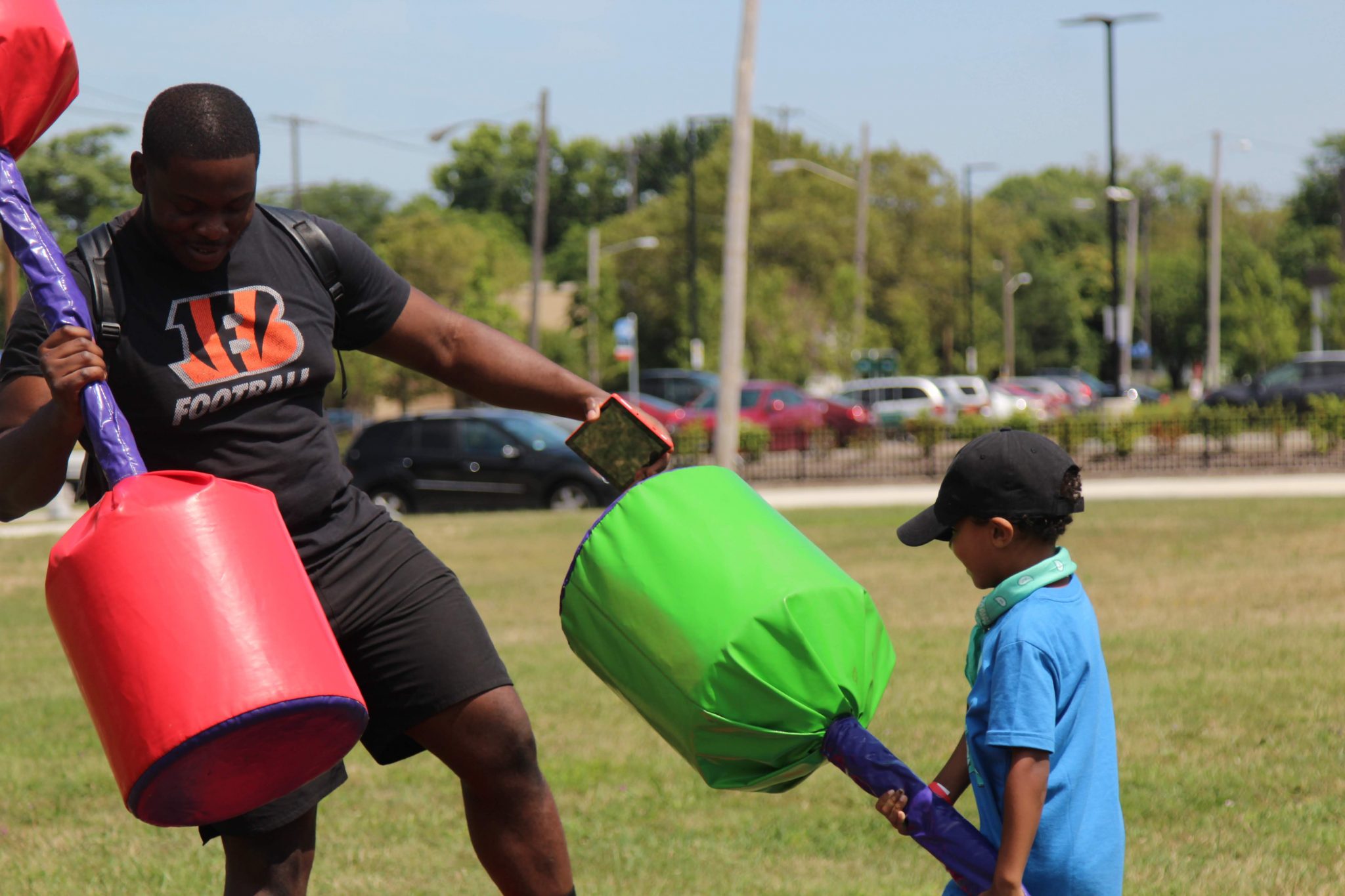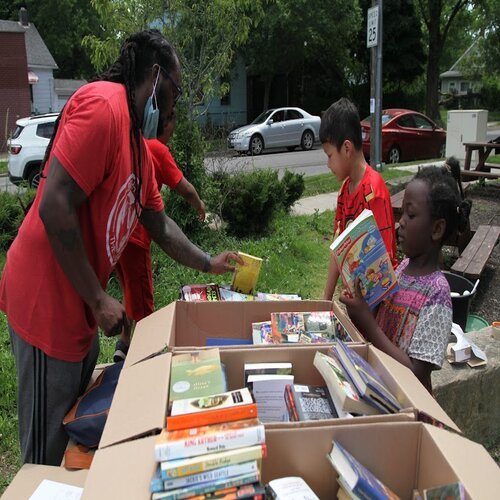
Our vision is to create a world where all kids and adults have full access to the benefits of recess, the transformational power of sport, and the joy of learning through play.
Play is Powerful
we use it to help families exercise more, relieve mental stress, do good, and connect with their community.
Recess isn't just for kids anymore
Research has already proven that recess helps to optimize a child’s social, emotional, physical, and cognitive development. We believe recess has the similar affects on bigger kids, adults, and even communities. Which is why we encourage:
everyone to get out and play one of the 90 different games we've developed
Here's what we're up against
Nationally, up to 42% of schools have cancelled or heavily reduced recess
Recess can also be removed for disciplinary reasons, lack of funding, lack of teacher support, or even because of an online substitute
Some schools are permitted to take recess away if students are not performing well academically or if the school cannot afford a physical education teacher. Nowadays, some schools also allow students to earn their required physical education credits via online physical education courses.
Screens
According to the National Survey of Children’s Health, only 24% of youth ages 6 to 17 engage in at least 60 minutes of physical activity per day, down from 30% a decade earlier. According to Common Sense Media, American teenagers spend an “astounding” nine hours a day with digital technology, entertaining themselves with streaming video, listening to music and playing games.
Lack of safe spaces to play
Failed upkeep of park playground equipment, increased drug and weapon presence, and poor condition of playing fields are some of the concerns many parents have that cause families to keep their kids inside.
Recess remains a precious commodity at most schools. Despite its links to achievement, many schools cut recess to meet testing requirements.
Half of principals report that students receive between 16-
30 minutes of recess per day.
One in five principals indicate that annual yearly progress
(AYP) testing requirements have led to a decrease in recess
minutes at their school.
Despite the connection between recess and good student behavior, schools continue to take recess away as a punishment for bad behavior
A solid majority (77%) of principals report taking recess
away as a punishment.
When not monitored by professionals, Recess is the time of day whenschools face the biggest behavior management challenges.
Principals report that the majority of discipline-related
problems occur outside of class time (87%) with the
majority of those occurring during recess or lunch (89%)
Schools are looking for help with recess
When asked what would improve recess at their schools, they
prioritized an increase in the number of staff to monitor
recess, better equipment, and playground management
training, in that order
Inactivity breeds inactivity
Experimental research has found that children were less active after school on days when they had no recess and PE classes in school, suggesting that inactivity breeds
inactivity.
–Research Quarterly for Exercise and Sport, 71(3), 240-248.
Long days
Children in the USA spend an average of 6.8 hours in school per weekday, and recess is one of the few times during the school day where children can be physically active. In fact, up to 44% of all physical activity during the school day happens at recess
–J. Phys. Activ. Health, 9 (2012), pp. 442-448,
What we can do

Experimental research has found that children were less active after school on days when they had no recess and PE classes in school, suggesting that inactivity breeds inactivity.
--Research Quarterly for Exercise and Sport, 71(3), 240-248.

Promote Creative play - Helps develop problem solving skills, thinking skills, imagination, social skills, understanding of different concepts and supports self-expression.
Welsh Joint Education Committee

Promote Physical play - Helps develop confidence, resilience, muscle development, coordination and social skills.
Welsh Joint Education Committee

The single best way to improve recess is to improve the way it is staffed. Principals want more and better trained staff on the playground at recess. Because of today’s economic realities, many schools may not have the luxury of adding additional staff to recess. That makes it all the more important to ensure that adults on the playground at recess have the training necessary to manage it effectively. With limited and cost-effective training, schools could use existing staff to manage recess with even better results.
--Robert Wood Johnson Foundation The State of Play: Gallup Survey of Principals on School Recess

It’s time for education policymakers at all levels to take play seriously. Between clinical evidence and the direct input of our nation’s principals, the benefits of recess are well documented. Recess should no longer be treated as an afterthought or an expendable block of time. Instead, it must be recognized as an essential part of the school day. In addition, schools should end the practice of taking recess away as punishment.
--Robert Wood Johnson Foundation The State of Play: Gallup Survey of Principals on School Recess

Schools should enhance recess to improve learning and school climate. For all of its contributions to learning, recess is the single biggest source of student disciplinary problems. The good news is that schools could eliminate most of their behavioral headaches if they simply managed their recess more effectively.
--Robert Wood Johnson Foundation The State of Play: Gallup Survey of Principals on School Recess

Promote Structured play. Adult led play - Play with a purpose. Supports achievement of learning objectives or specific skills. Helps broaden skills appropriate for a child or young person’s stage of development and provides new learning opportunities. Learning in this way supports self-esteem and confidence as children learn new skills.
Welsh Joint Education Committee

Promote Unstructured play. Self-directed play - Enables children to make choices and decisions, solve problems, experiment with different strategies and gain confidence as they do so. Unstructured play develops social skills as children interact and work together. Unstructured play may involve running or climbing which develop physical skills and coordination.
Welsh Joint Education Committee

Early sport specialization has been identified as damaging for the future physical and mental health of the athlete.
— Consensus Statement American Orthopaedic Society for Sports Medicine Early Sport
Help us build healthy, active, and connected communities using recess, organized sports, and playful learning. Join our team!
#playequity #restorerecess #recesscleveland
Latest News
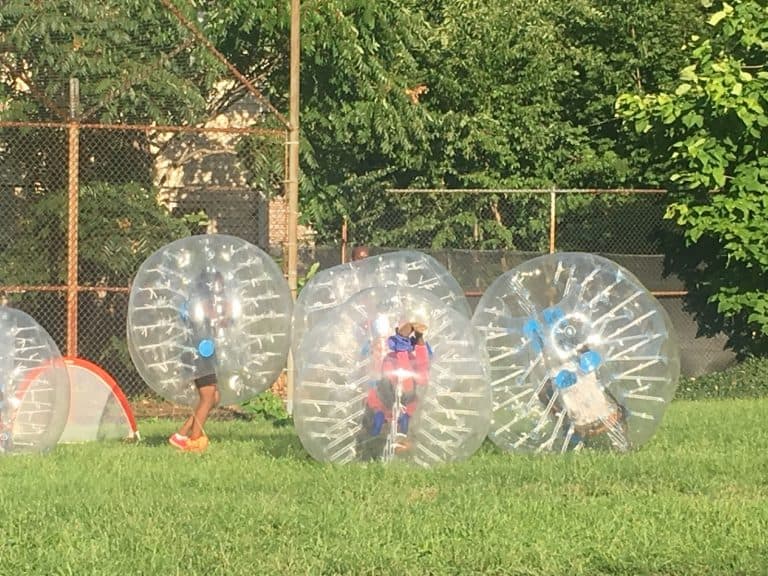
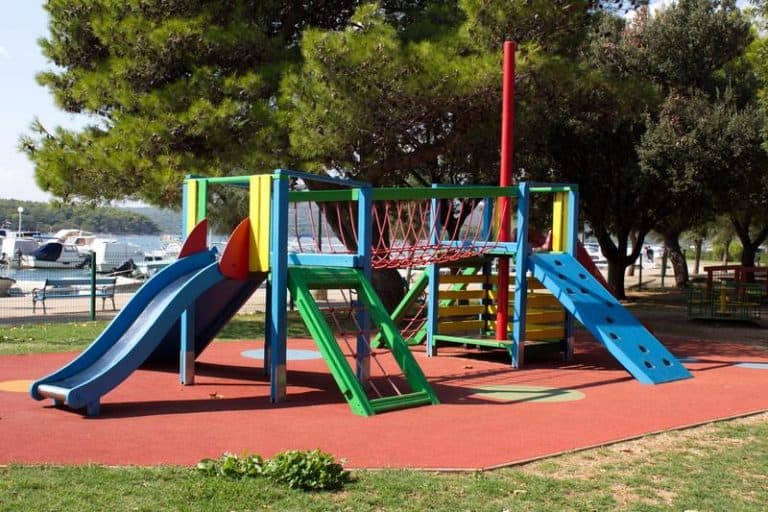


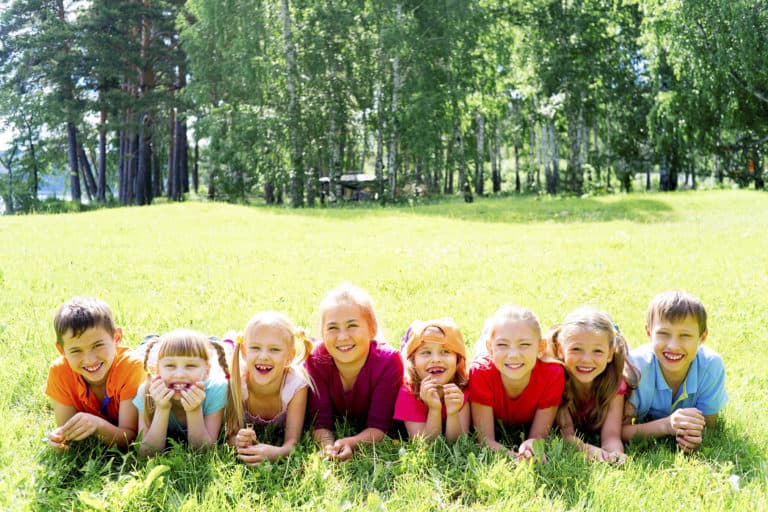
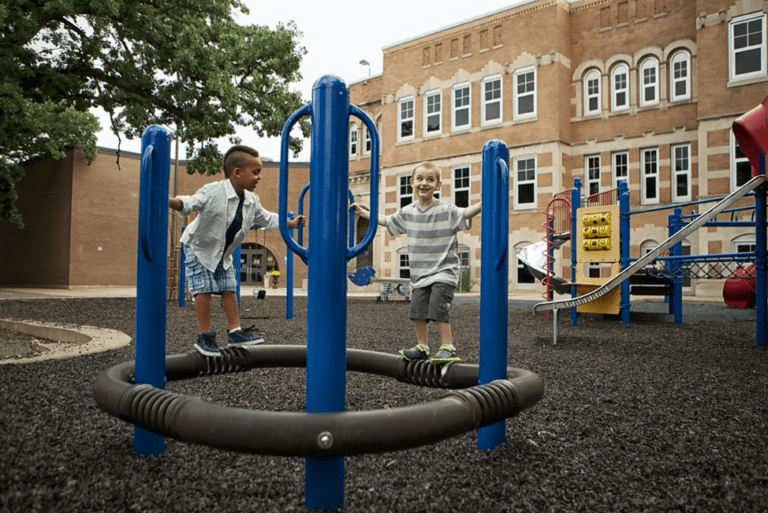
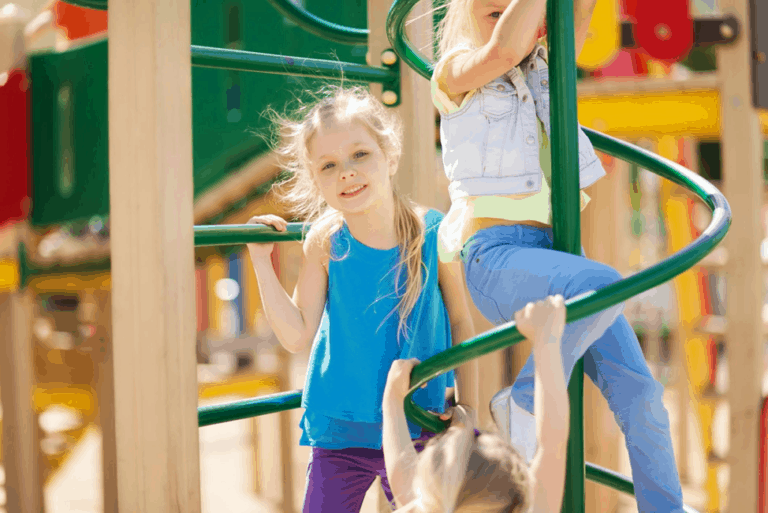
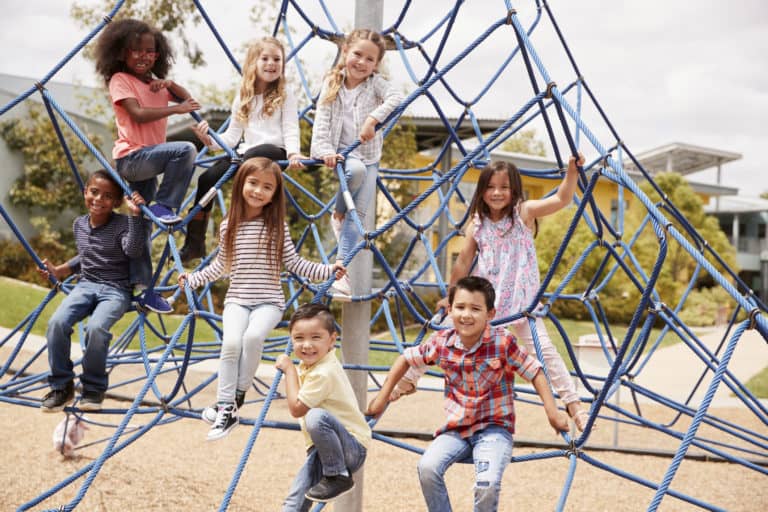
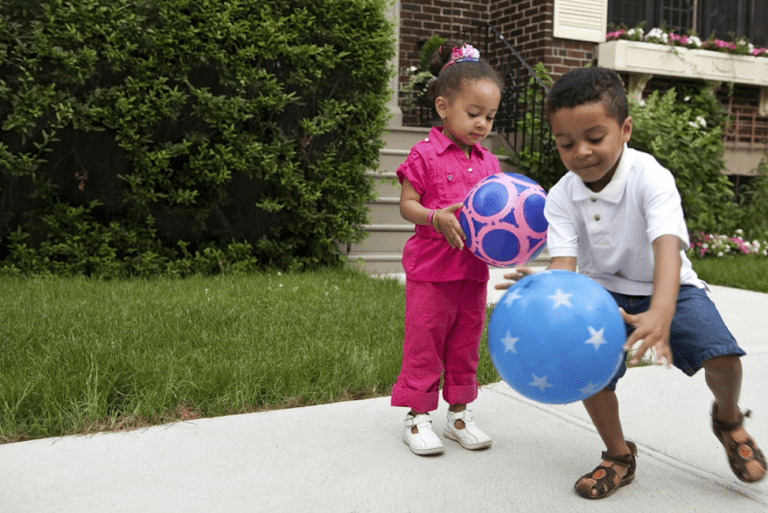

Spread the Word
Get Involved
Turn your pocket change into real change with Round Up! Round Up donates the change from each of your debit or credit card transactions to Recess Cleveland.
Our wishlist is a compilation of items we heard we needed while gathering feedback at events. Purchasing these items on our behalf will help redirect grant dollars to other programming needs
Donate spare change by automatically rounding up your Walmart orders to the nearest dollar at checkout.
From donating play equipment, fundraising for your school, hosting a fundraising event, or promoting our posts there are many ways to help us create play opportunities for all.

